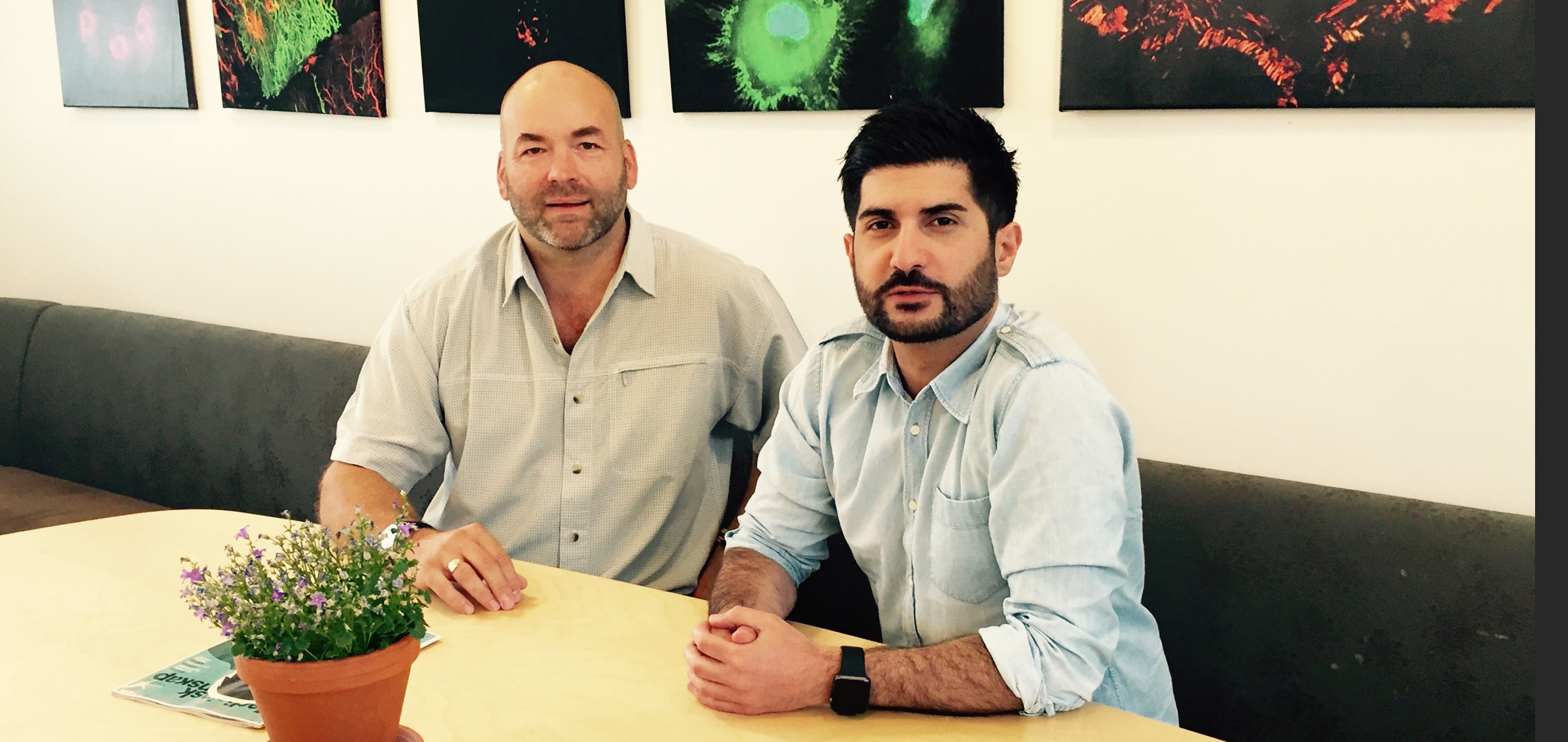Novel role for neutrophils elucidated

Researchers at Karolinska Institutet have elucidated a novel role for neutrophils in immune function, in that they are important in control of B cell immune responses. The study, which is published in the Journal of Experimental Medicine, may have an impact on how vaccinations are performed.
In a person infected by bacteria or viruses the immune system becomes activated to protect against these microorganisms. Macrophages residing in tissues detect these intruders and alert the rest of the immune system.
Greater functionality
One of the first cell types to arrive at the infected site is the neutrophil, which are very effective in destroying bacteria. It has long been believed that this was the only role neutrophils had, but studies have shown that they may have greater functionality during inflammatory processes.
“Using an experimental model of neutrophil depletion we have demonstrated that on immune activation there is a cascade of immune activation that results in a significantly increased B cell response with heightened production of antibodies as an endpoint,” says Professor Bob Harris, Department of Clinical Neuroscience, the principal investigator of the study.
The researchers demonstrate that T cells using the cytokine IL-17 are able to attract a large number of neutrophils into the inflamed lymph nodes. These are a meeting place for immune cells that communicate with each other before migrating to an inflamed tissue. In the lymph node these neutrophils help to activate B cells through producing BAFF, a protein that amplifies the B cell activation and plasma cell development, finally resulting in production of large quantities of antibodies.
Understanding cell function
 The Applied Immunology and Immunotherapy research group led by Bob Harris is primarily interested in understanding myeloid cell function. For PhD student Roham Parsa it was his unexpected finding that he had managed to deplete neutrophils that led to the published study. Despite being initially neutropenic (lacking neutrophils in steady-state), on immune stimulation the few remaining neutrophils expanded rapidly and a state of emergency granulopoesis with an over-production of new neutrophils ensued. It was the dual phases of neutrophil depletion followed by neutrophil excess that leads to the heightened B cell response and antibody production, which is a novel finding.
The Applied Immunology and Immunotherapy research group led by Bob Harris is primarily interested in understanding myeloid cell function. For PhD student Roham Parsa it was his unexpected finding that he had managed to deplete neutrophils that led to the published study. Despite being initially neutropenic (lacking neutrophils in steady-state), on immune stimulation the few remaining neutrophils expanded rapidly and a state of emergency granulopoesis with an over-production of new neutrophils ensued. It was the dual phases of neutrophil depletion followed by neutrophil excess that leads to the heightened B cell response and antibody production, which is a novel finding.
“For diseases such as SLE we should be able to down-regulate antibody responses, and for viral infections in which heightened antibody responses would be of benefit then manipulation of neutrophil reactivity using the cascade we have defined should be beneficial. What we have also learnt from this study is that it is important to reflect on unexpected findings and to pursue new avenues if they address interesting research questions,” Bob Harris says.
First author of the study has been Roham Parsa.
The study has been supported by Vetenskapsrådet, Cancerfonden and Karolinska Institutet (KID).
Publication
BAFF-secreting neutrophils drive plasma cell responses during emergency granulopoiesis
Parsa R, Lund H, Georgoudaki A-M, Zhang X-M, Ortlieb Guerreiro-Cacais A, Grommisch D, Warnecke A, Croxford AL, Jagodic M, Becher B,. Karlsson MCI, Harris RA.
Journal of Experimental Medicine, published online July 18, 2016, doi: 10.1084/jem.20150577.
